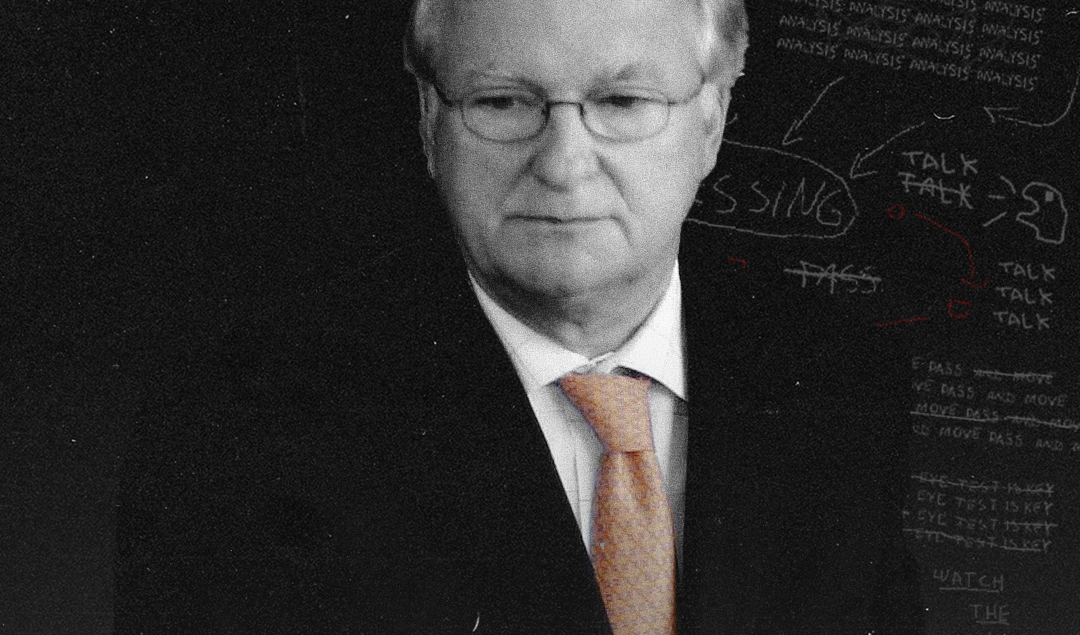Did Bayern Munich Really Save Borussia Dortmund at the Beginning of the 2000s?
Imagine Real Madrid coming to the aid of Barcelona during their most recent financial issues. It seems out of the realm of possibility, but something similar happened in Germany, giving birth to a myth that Bayern saved Dortmund from bankruptcy. But how real is this heart-warming tale of footballing brotherhood?
Borussia Dortmund were coming into the new millennium off the back of 2. Bundesliga titles in 1995 and 1996 and the 1997 Champions League win. Much like Leeds in England, buoyed with success, Dortmund embarked on a shopping spree that would ensure their dominance of German football would carry over into the new millennium. Signings like Sebastian Kehl and Tomas Rosicky were pulled off right from under the noses of Europe’s elite and more importantly, Bayern, who had been interested in both players.
Sadly, not all of the signings would be this inspired. One example was Marcio Amoroso, who moved from Parma for €25 million, a German record at the time. After helping the club to the league and a lost UEFA Cup final in 2002, injury problems blighted the rest of his Dortmund career and left for free. From 2000 to 2004 the club spent a combined €33.7 million on Jörg Heinrich, Sunday Oliseh, Ewerthon, and Evanilson, players who would all leave on free transfers.
Much like their English counterparts, BVB were banking on continuously making the Champions League, at a time when the competition was truly becoming a goldmine. Sadly for them, at the end of the 04 and 05 seasons, Dortmund were out of the UCL spots. An investigative team from Kicker did a deep dive into Dortmund’s finances at a time when financial issues regarding football were relatively unknown.
What they uncovered startled the whole of Germany, Dortmund were nearly €200 million in the red, with few sellable assets and an expansion of the Westfalenstadion underway. The club’s board was getting increasingly desperate, selling the stadium to a bank, accepting loans from property magnates and signing every sponsorship deal they could get their hands on. To showcase the extent of their desperation, plans emerged outlining a roller coaster that was supposed to go around the stadium and several deals signed with ice cream companies promising them exclusivity at the stadium.
President Gerd Niebaum and general manager Michael Meier then did the unthinkable, contacting Bayern for help. Bayern boss Uli Hoeness agreed to a €2 million loan, that would ensure the club’s ability to keep paying wages. The loan was nothing new in Germany, with Bayern providing similar assistance to numerous smaller clubs like TSV 1860 München and St. Pauli.
In six weeks most of the loan was returned, with the rest being written off as part of the Torsten Frings deal. Under Hans Joachim Watzke Dortmund rebuilt itself piece by piece, and by the time 2012 rolled around they were pipping Bayern to the title and it is precisely when Hoeness decided to reveal this story, previously unknown to many. When asked years later about it, Watzke stated that he would rather sleep under a bridge and go begging rather than to accept money from Bayern.
The extent of the loan was minimal compared to the immensity of the debt, but nonetheless, whether BVB fans like it or not Bayern did help them in their darkest hour. As I am not a BVB fan, I can only imagine this feeling being similar to receiving a blood transfusion from your worst enemy.
By: Eduard Holdis / @He_Ftbl
Featured Image: @GabFoligno / Christof Koepsel / Bongarts
